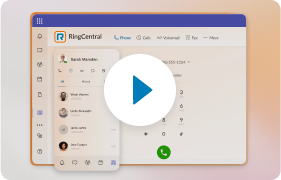
Whether, you’re a manager at a restaurant accepting mobile payments, or a consumer at Starbucks choosing to use your smart phone to make payments, you’re a part of the mobile payments movement. But even you can use some pointers that will help you differentiate between credit card payments and how mobile payment technology works.
- By using a digital wallet to make payments you can have all your information in one place. For example, services like PayPal allow you to make payments directly from your digital wallet while you’re shopping online, instead of having to give the vendor your credit card information directly. Basically, PayPal pays the merchants and you pay PayPal. Thus, giving the shopper more security.
- Credit cards, if stolen, can be used by the thief to impersonate you at checkout lines. However, if your mobile phone gets lost then the impersonator would have to “spoof’ your fingerprints as new smart phones require a thumbprint scan to complete any transactions. Most mobile phones are also locked with a pin, so gaining access to sensitive account information is made more difficult.
- The convenience factor in mobile payments is higher as opposed to credit card payments. Just think about how much clutter you will cut by not having to keep all those credit cards in your wallet. You can also store gift cards and loyalty cards on your phone which will reduce the risk of losing them.
- Through mobile payments the checkout lines have gotten faster as it has been shown that making payments from your phone is less time consuming than using a credit card is.
- Tracking your phone in case it gets lost is much easier than it is to track your credit card. Applications like find my phone have made this process a lot easier than it used to be.
- People are more likely to remember using their coupons when they have stored them on their phones as most of the time they end up losing their coupons or forgetting to use them.
- Mobile payments don’t require a big infrastructure to work. For example, if you’re an owner of a remotely located store and you haven’t been able to provide your customers with a credit card payment facility, which decreases your sales, then mobile payments technology is ideal for you. This can also help merchants increase their profit and sales.
Although mobile payments have a lot of advantages over cash and credit cards they haven’t been widely accepted among most consumers ad merchants yet. People are sticking to cash and credit cards to make payments because with new technology come new fears. Which is why, people are reluctant to completely switch to mobile payments.
Have you made the switch to mobile payments? Share with us in the comments below.
Updated Mar 13, 2025










